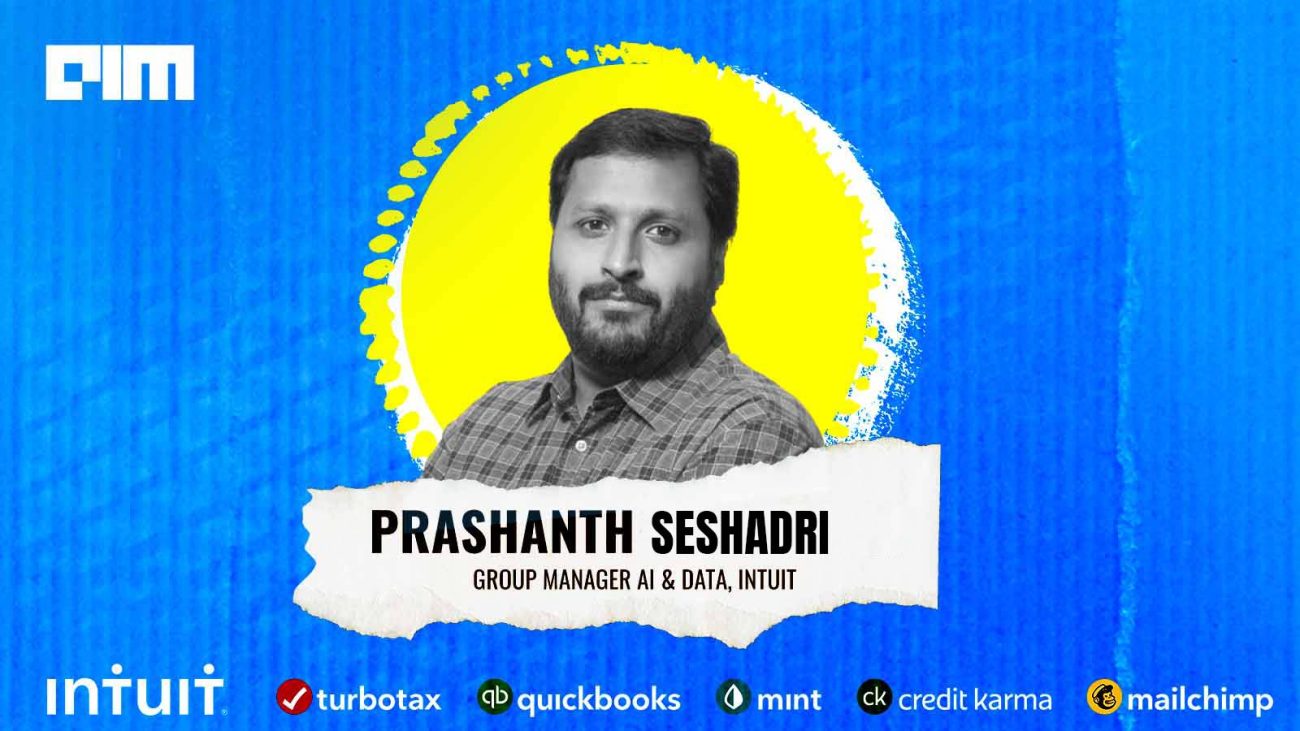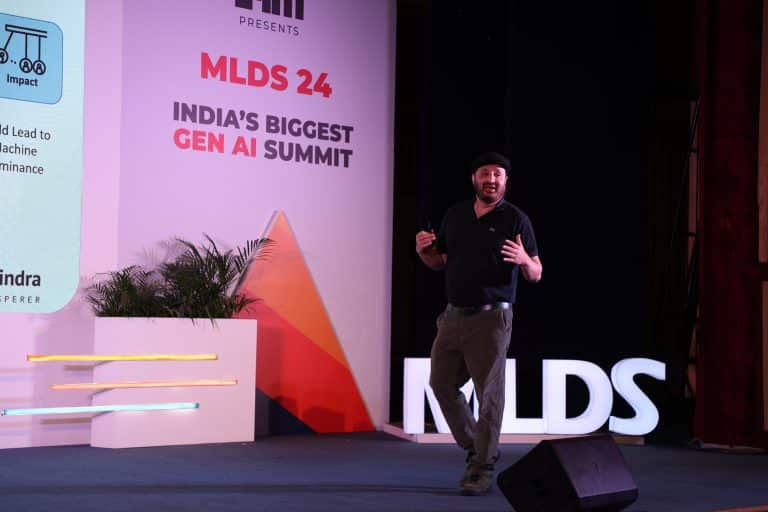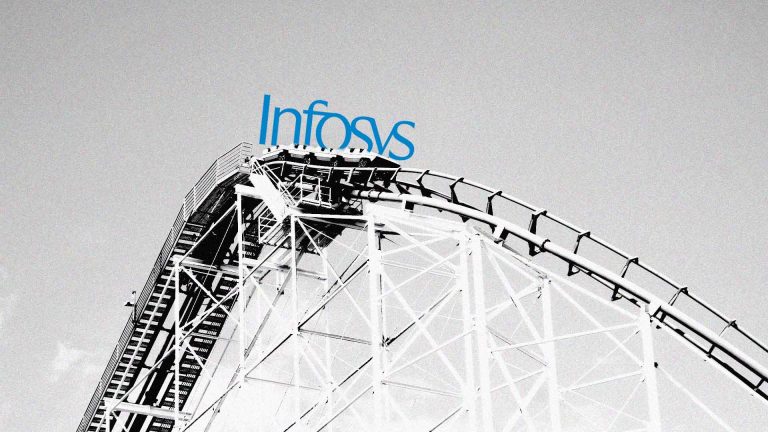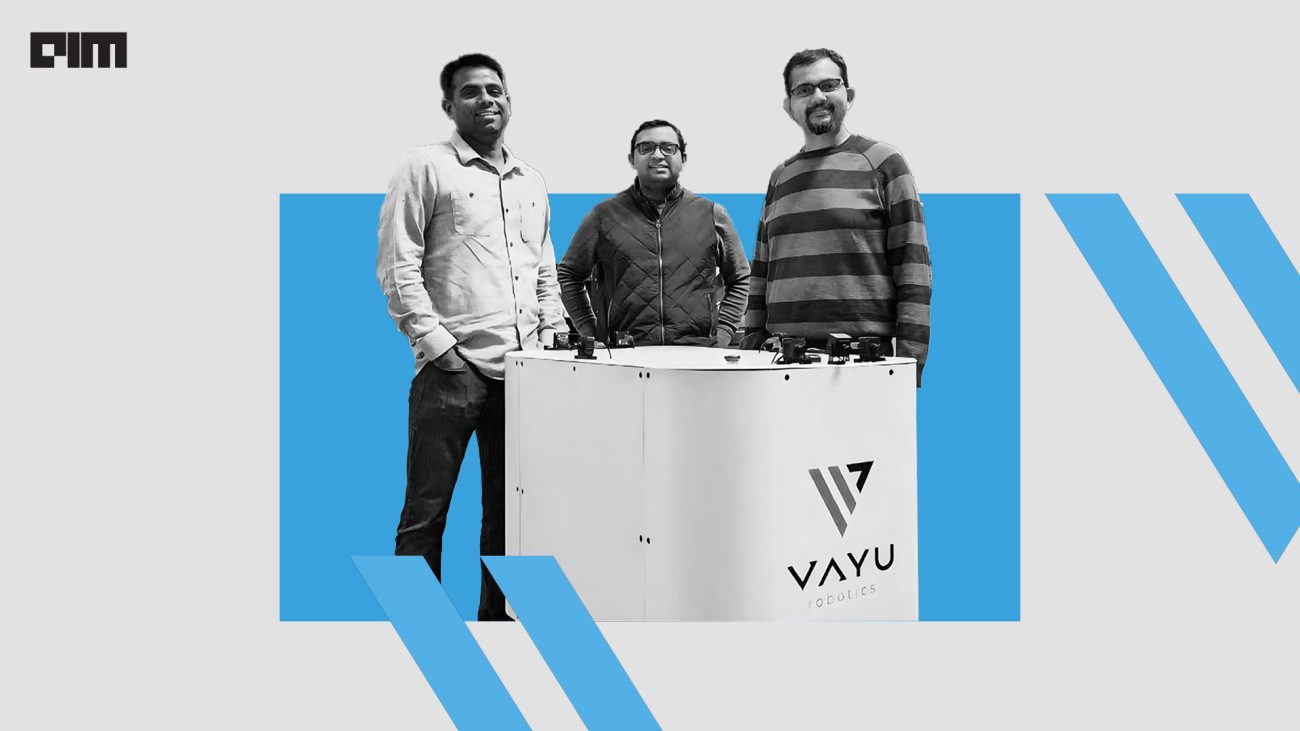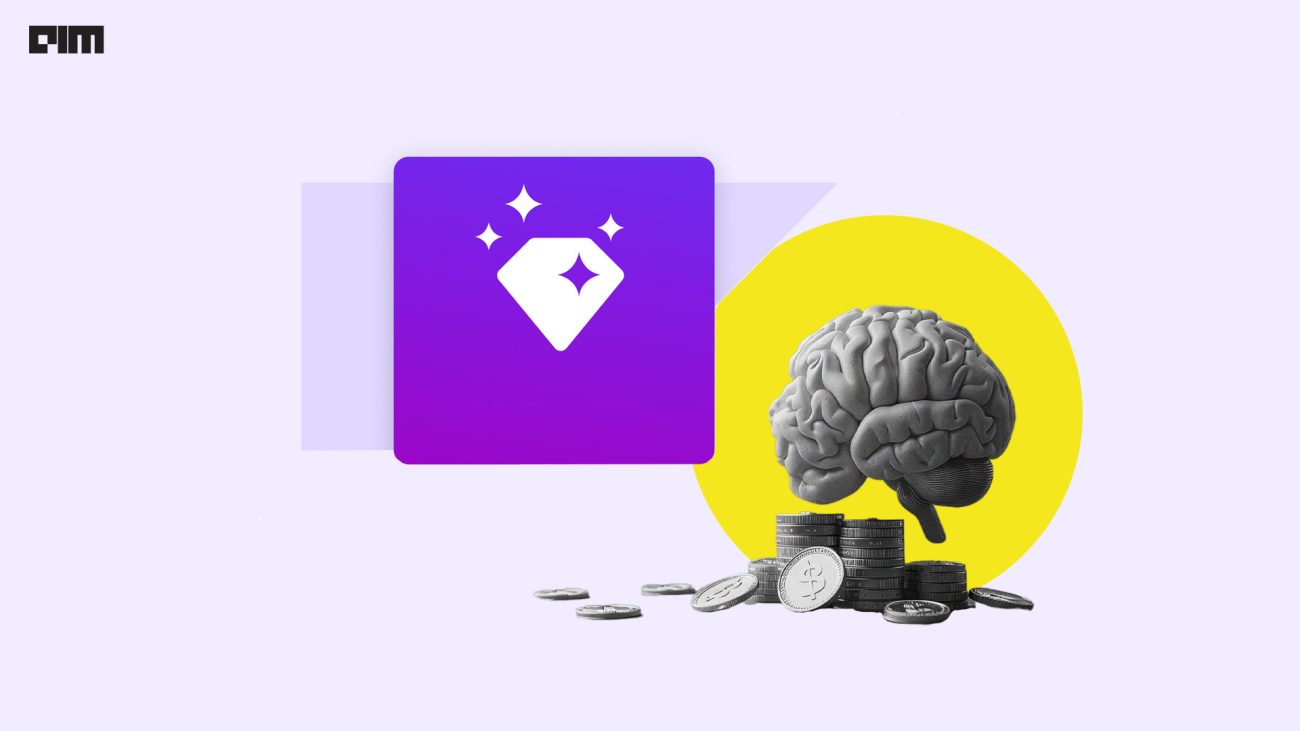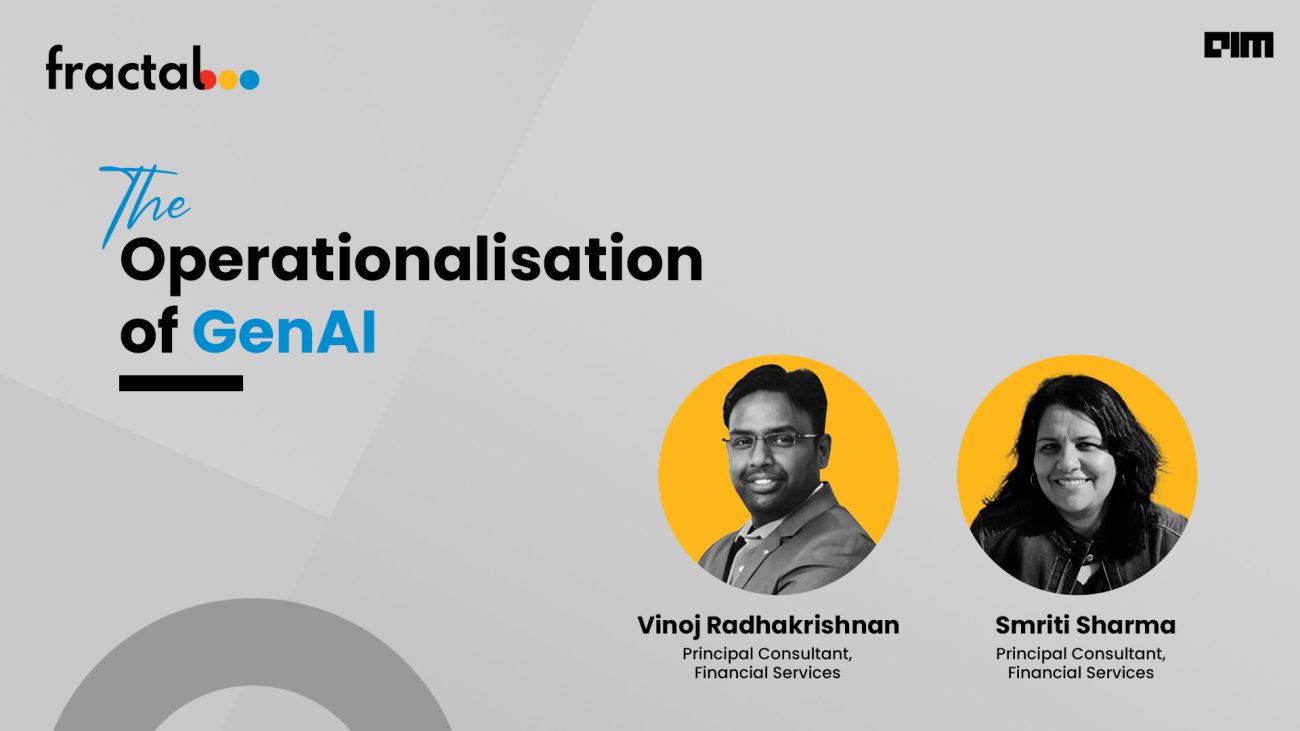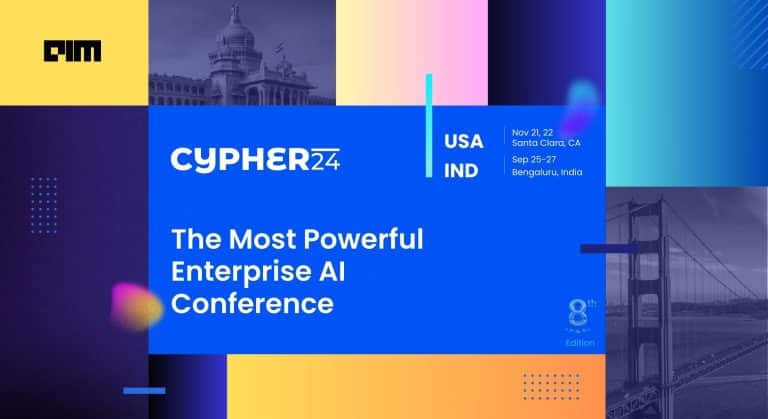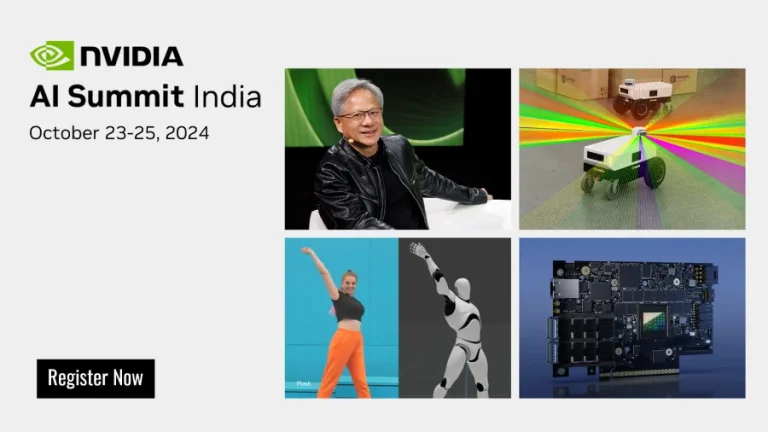|
Listen to this story
|
In its quest to offer financial freedom to people, Intuit is home to products that include TurboTax, QuickBooks, Mint, Credit Karma, and Mailchimp. What makes all of these products special is that they have successfully integrated AI and data on the side of their customers.
“Our products deliver simple, delightful solutions across the full range of our customers’ financial lives–and we are proud that millions of customers worldwide turn to Intuit to make the most of their money,” said Prashanth Seshadri, Group Manager of AI & Data at Intuit.
Seshadri has a rich experience of over two decades in big data, ML, data science, project management, and others. He joined Intuit in 2018. Before that, he worked with companies like Verizon Labs, Amazon, NetApp,and others.
Here’s a quick overview of Intuit’s product ecosystem:
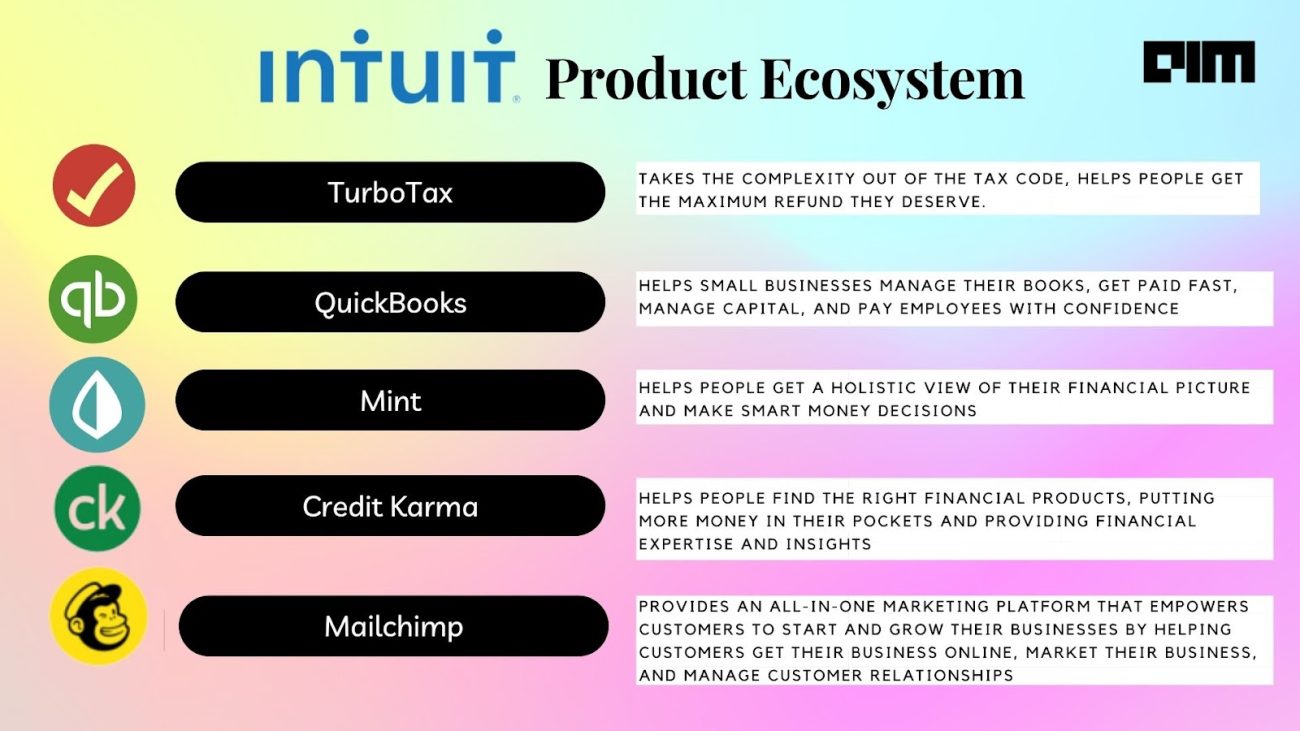
“At Intuit, we fall in love with the customer problem, not the solution, and are continuously looking for better and faster ways to serve them better. Technology has always been a huge enabler, aiding better customer experiences,” said Seshadri.
The secret sauce behind building cutting-edge products
“One of the secrets of our success is our unique culture of innovation and experimentation that brings together customer obsession with design thinking,” said Seshadri.
Further explaining, he said that, at Intuit, they have two core innovation principles – the first is Customer-Driven Innovation (CDI), and the other is Design for Delight (D4D).
CDI involves a method where Intuit zeros in on the intersection of any important unsolved customer problem that they, or their partners, can solve well – and build unique, durable solutions. D4D, on the other hand, starts with understanding customers’ needs, goes broader in seeking possible solutions, and uses rapid experimentation and data to find a solution.
Intuit technology stack
Seshadri said their tech stack is as modern as it can get and is a constant journey of building and modification. Their agile and nimble approach renders operational ease and enables their teams to break down barriers and make solutions more scalable, seamless, and affordable.
Intuit is one of the first companies to have migrated to the public cloud. Seshadri said they had migrated over 400 applications with complex frameworks and highly sensitive information in six years.
The company uses native cloud technologies like Kubernetes to build a modern developer platform that offers continuous integration, delivery, and operations to accelerate developer productivity. “With this, we contribute to the community by powering open-source solutions such as Agro CD for Kubernetes,” said Seshadri.
When it comes to managing big data, Intuit uses technologies like Kafka, Aurora, among others. Its application development follows a microservices approach with Spring Boot, GraphQL, React and Flutter. “We have a great focus, observability and operational excellence. We use the latest technologies like open telemetry, leading the way toward scaling, building and deploying AI capabilities in the public cloud. We have moved to AWS 100 per cent,” said Seshadri.
Intuit said this migration to the cloud had been an enabler for delivering its vision of being an AI-driven expert platform. Currently, it is experimenting with serverless computing, open-source, and containers to move with even greater speed to deliver on its goals and for its customers.
Hurdles ahead
“There are multiple AI and data science challenges, but the most prevalent one is clean data. So how do we make sure that the AI models built by data scientists are well-labeled, clean, accurate, latest, and built with lineage?” shared Seshadri.
He said every company has a data lake built by its engineering and analytics team. However, there are thousands of data tables, and not all have clear documentation. “Searching from these massive data sets is a persistent challenge,” said Seshadri.
“Another challenge is the cost of implementation,” he explained. “AI models with heavy compute powers also drive high operational costs. Therefore, a clear success criterion for AI models includes having clear metrics or KPIs for every model we build. Hence, it is critical to have built-in metrics that will provide the necessary clarity to prove that the model generates value post-processing massive datasets. It is important to have a cost-benefit analysis before investing in AI.”
Other challenges in AI include the return of investment, non-actionable insights, data privacy and security, explainability, bias within datasets, data scarcity, and much more.
The question is—how does Intuit continue to overcome these hurdles.
The company believes that customers are at the helm of all aspects of their product.”We’re working on building a solid self-service foundation that delivers clean data and reusable insights. As far as end-to-end customer experience is concerned, we start with understanding what the customer is trying to accomplish and then build experiences that have connected data and AI built-in so we can deliver personalized and timely customer benefits. We also remain focused on measuring when, and how well, we’ve delivered the benefit using a feedback loop” said Seshadri. He said that speed is another important factor.
“We’re improving the velocity of learning via investments in experimentation capabilities. We are also evolving from building bespoke solutions to reusable AI services. Using reusable AI services (RAISE), we’ve democratized AI and removed data scientists’ dependencies for similar use cases,” said Seshadri. Using RAISE, they managed to reduce the time for productionizing models by nearly 15x. Some of the RAISE components built are the Financial Error Detection service (FEDS) and Propensity Model as a service (PMaaS). “Our focus has also been on streamlining the integration of platform capabilities and making them composable to shorten development cycles from months to days,” he added.
Intuit India
Today, Intuit’s India office contributes nearly 22 per cent of its engineering talent. It is a centre of excellence for product development, technology and engineering innovation. “Our engineering teams in Bengaluru drive end-to-end product development and management for some of Intuit’s high-value products such as QuickBooks, TurboTax, Lacerte, and Virtual Expert Platform. These products are in addition to supporting platforms such as Billing and Developer Experience, which leverages the power of Cloud, AI, and ML,” said Seshadri.
Intuit India has also created new opportunities with products like QuickBooks Online Advanced (QBO Adv) targeted toward the global mid-market business segment.
Seshadri said their engineering teams are experimenting with the latest cutting-edge technologies like AI/ML, cloud-native technologies, open-source and others.
The India team has built many foundational capabilities of the QBO Adv product here for Intuit. This includes workflow automation platform, reporting and insights, connect apps/services, role-based access, customisation and power tools.
On a hiring spree
Intuit India is a thriving microcosm with 1,300+ employees. The AI team witnessed a 46 per cent growth working toward delivering on their AI-driven expert platform strategy and providing customer benefits.
Intuit is actively hiring candidates across various roles, including senior manager data scientist, principal data engineers, data science staff, and senior data engineers. “We want to leverage the large pool of skilled technology talent available in the country and invest in growing key tech capabilities that will drive innovation for their global products and platforms to cater to our 100 million customers worldwide,” said Seshadri.
He said Intuit India is unique as it empowers engineers to do end-to-end development. Additionally, the company teaches them marketable skills like design-thinking, which sparks innovation to solve global and India-specific challenges. “We are looking for candidates who would be skilled to do so,” added Seshadri.
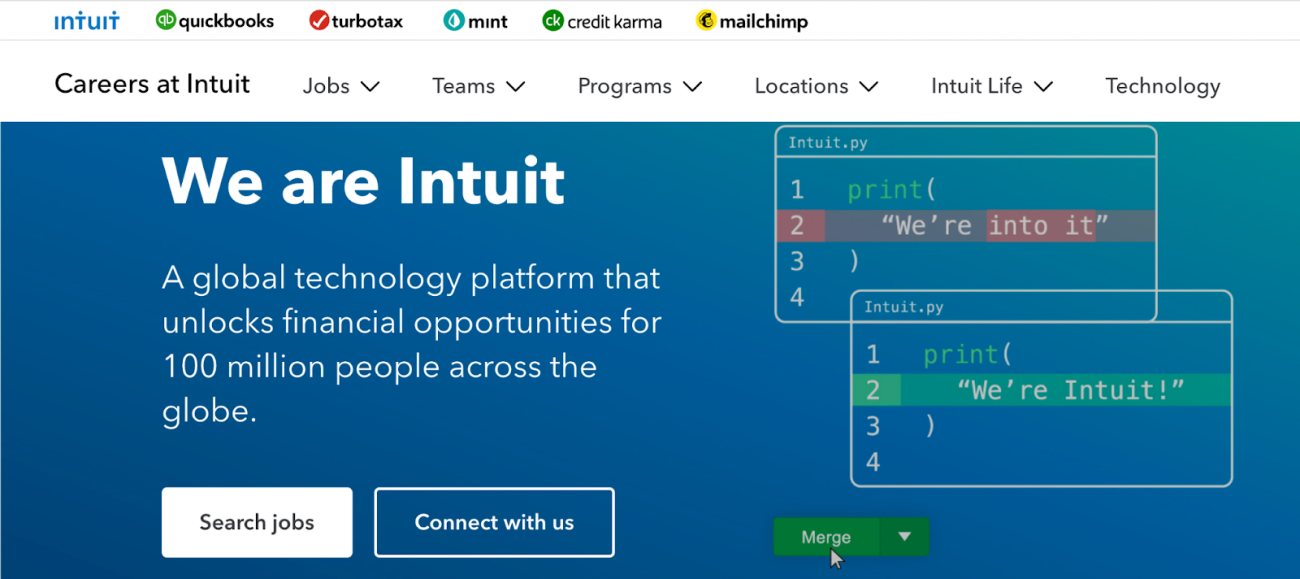
The perks
“Our employees are at the heart of all we do and who we are at Intuit,” said Seshadri. The company invests in programs and hands-on opportunities to enhance the capabilities of its people to become leaders and influencers of the future.
Self-learning platforms like Degreed and classroom sessions through Tech Learning at Intuit have been created by an in-house tech learning team to sharpen engineers’ skills. Sessions include AWS workshops, agile workshops, Spring Boot, AI/ML, Java, Big Data, and Python.
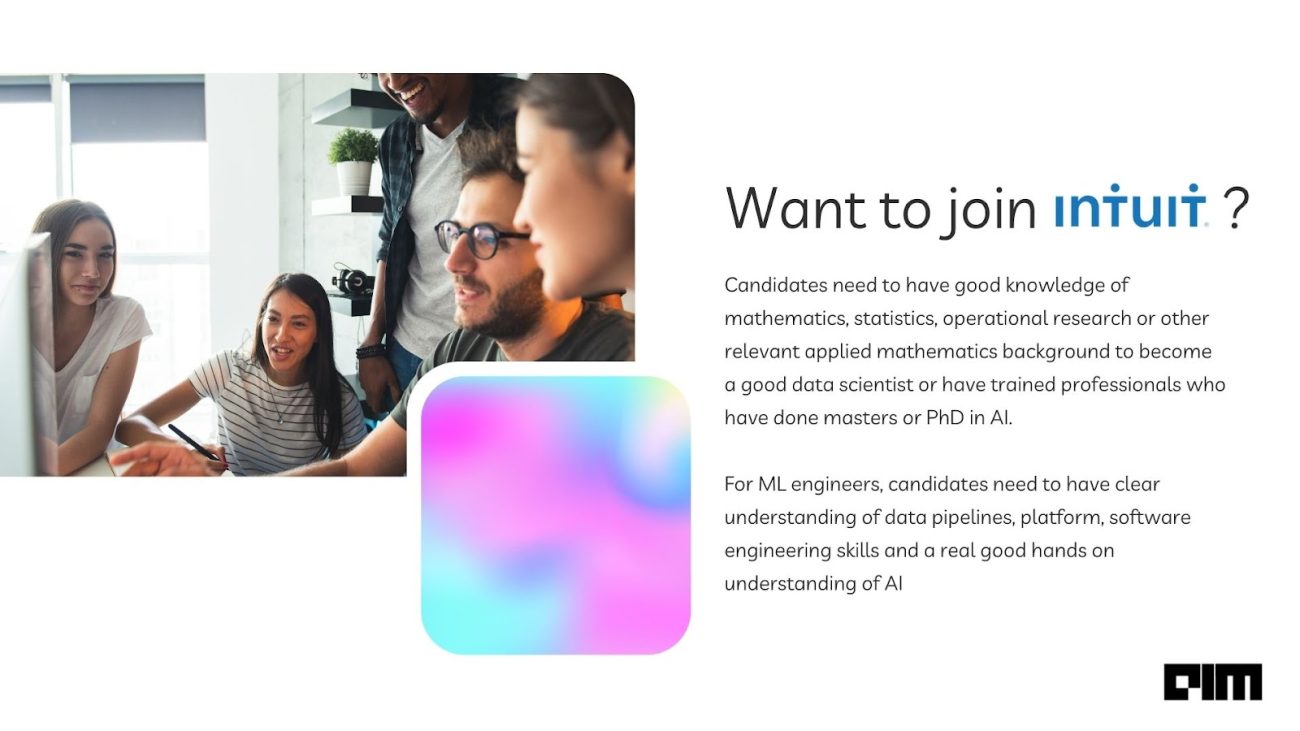
Intuit has also partnered with premier institutes like BITS Pilani to enable employees with technical expertise, nurturing innovation and critical thinking. “This is a critical aspect in developing skills essential for current and future needs. This has proved to be a differentiator for attracting and retaining top talent,” shared Seshadri. Currently, 37 employees are pursuing M. Tech in data science programmes in BITS Pilani.
In addition to this, the company provides a tuition assistance benefit for employees who want to pursue education related to their current role and upskill. Intuit also has tech communities, organizes events, and promotes best practices through InnerSource, an open-source software platform.



